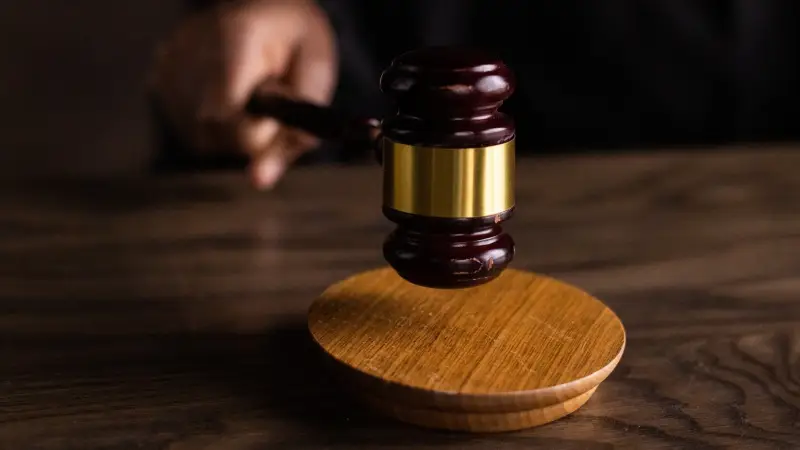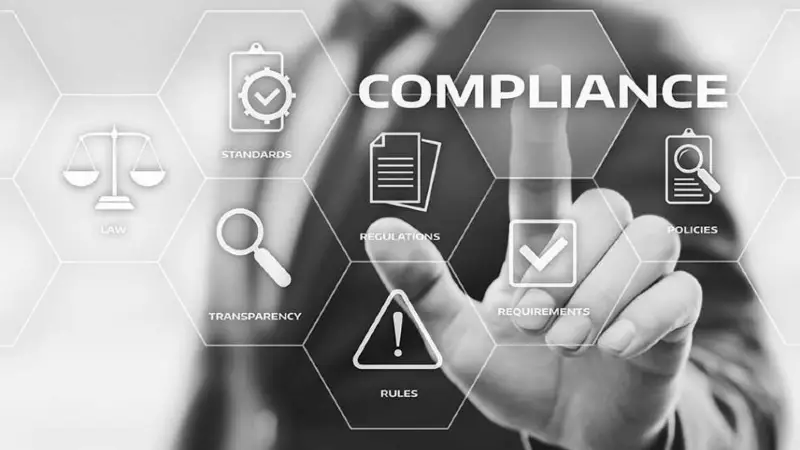
Dealing with personal debt collection can be a challenging task for anyone, especially when it comes to recovering debt from an individual. However, with the right strategies and knowledge of the legal system, the process of debt collection can be made easier. In this article, we’ll discuss the steps to take before pursuing personal debt collection in NZ, legal options for recovering debt, negotiating payment arrangements with debtors, and best practices for effective personal debt collection in New Zealand.
Table of Contents
Steps to Take Before Pursuing Debt Collection
Before pursuing personal debt collection from an individual in New Zealand, it’s important to make sure you have a strong case to increase your chances of success. Taking the time to gather the necessary information and documents can save you time and money in the long run. Here are some steps you can take before initiating debt collection proceedings:
- Review the contract or agreement: The first step is to review the contract or agreement that established the debt. Make sure you have a clear understanding of the terms and conditions, including the amount owed, payment schedule, and any late fees or penalties.
- Attempt to communicate with the debtor: Before taking legal action, it’s important to try to communicate with the debtor to resolve the debt amicably. Send a letter or email outlining the debt and requesting payment. Be clear and concise in your communication, and provide a deadline for payment.
- Keep records of all communication: Keep records of all communication with the debtor, including letters, emails, and phone calls. These records can be useful as evidence if legal action is necessary.
- Gather evidence: Collect any evidence that supports your claim, such as invoices, receipts, and bank statements. This evidence can be useful in proving the debt owed.
- Consider using a debt collection agency: If the debtor is unresponsive or unwilling to pay, you may want to consider using a debt collection agency. These agencies specialize in recovering debts and can be a useful resource in recovering your money.
By taking these steps, you can increase your chances of success in recovering debt from an individual in New Zealand. Remember to always follow legal and ethical practices when pursuing debt collection.

Legal Options for Recovering Debt from an Individual in New Zealand:
Personal debt collection through negotiation have not been successful, you may need to consider legal options. The following are some of the legal options available for recovering debt from an individual in New Zealand:
- Filing a claim in the Disputes Tribunal: The Disputes Tribunal provides a forum for resolving disputes between parties in a relatively informal and inexpensive manner. You can file a claim in the Disputes Tribunal for debts up to $30,000, and the process generally involves a hearing in which both parties can present their case.
- Filing a claim in the District Court: If the debt exceeds $30,000, you may need to file a claim in the District Court. The process is more formal than that of the Disputes Tribunal, and you may need to hire a lawyer to represent you.
- Issuing a statutory demand: A statutory demand is a formal demand for payment that can be issued by a creditor to a debtor. If the debtor fails to respond or pay within 15 working days, you can apply to the court to have them declared bankrupt or liquidated.
- Engaging a debt collection agency: If you do not want to pursue legal action yourself, you can engage a debt collection agency to do so on your behalf. Debt collection agencies have experience in debt recovery and can often recover debts more quickly and efficiently than an individual can.
It is important to note that legal action should be a last resort and should only be taken if you have a strong case. It is also important to understand that legal action can be time-consuming and costly, so it should be considered carefully before proceeding.

Negotiating Payment Arrangements with Debtors
Negotiating a payment arrangement with a debtor can be an effective way to recover debts while avoiding the expense and uncertainty of legal proceedings. Here are some steps to take when negotiating payment arrangements with debtors:
- Contact the debtor: The first step in negotiating a payment arrangement with a debtor is to make contact and explain the situation. Be clear about the outstanding debt and the consequences of non-payment.
- Listen to the debtor: Give the debtor an opportunity to explain their situation and any financial difficulties they may be facing. This can help you understand their perspective and identify potential solutions that will work for both parties.
- Be open to compromise: When negotiating a payment arrangement, it’s important to be flexible and willing to compromise. Consider offering a payment plan or accepting a partial payment to resolve the debt.
- Put it in writing: Once you have agreed on a payment arrangement, be sure to put it in writing. This will help ensure that both parties are clear on the terms of the agreement and can refer back to it if there are any issues in the future.
- Follow up: Once a payment arrangement has been agreed upon, it’s important to follow up with the debtor to ensure that payments are being made as agreed. If the debtor fails to make payments, you may need to consider legal action to recover the debt.
Remember, negotiating a payment arrangement can be a more cost-effective and less confrontational way to personal debt collection in NZ than pursuing legal action. However, it’s important to have a clear understanding of your legal rights and obligations before entering into any agreements with debtors.
Best Practices for Effective Personal Debt Collection in New Zealand
In addition to the steps outlined above, there are several best practices that can help you to effectively collect personal debts in New Zealand. These include:
- Maintaining accurate records: Keeping detailed records of all communications and actions related to the debt collection process can help you to build a strong case and stay organized throughout the process.
- Working with a reputable debt collection agency: If you’re not comfortable pursuing debt collection on your own, consider working with a reputable debt collection agency. Look for an agency that is licensed and experienced in debt collection, and make sure to read reviews and ask for references before making a decision.
- Understanding and adhering to debt collection laws and regulations: As discussed earlier, there are strict laws and regulations governing personal debt collection in New Zealand. Make sure to familiarize yourself with these laws and regulations, and ensure that you are following all applicable guidelines throughout the debt collection process.
- Being persistent but professional: While it’s important to be persistent in your debt collection efforts, it’s equally important to remain professional and courteous throughout the process. Avoid using threatening or harassing language, and make sure to communicate clearly and respectfully with the debtor at all times.
- Considering alternative payment arrangements: If the debtor is unable to pay the full amount owed, consider working with them to come up with a payment plan or other alternative arrangements. This can help to facilitate repayment while avoiding the need for legal action.
In conclusion, understanding the legal options available for personal debt collection in New Zealand is essential for effective debt recovery. By following the steps outlined in this article and utilizing best practices, you can improve your chances of successfully recovering debt from individuals.

